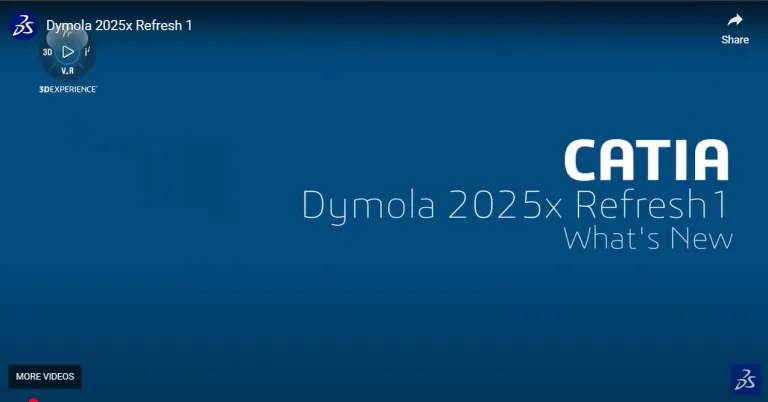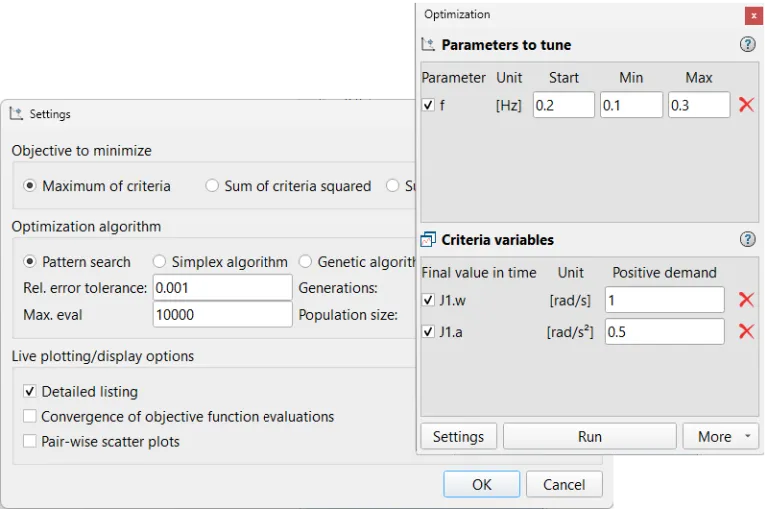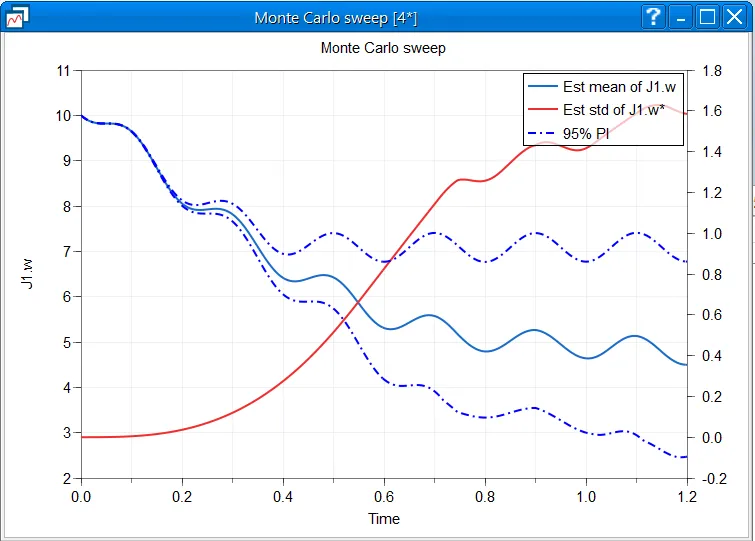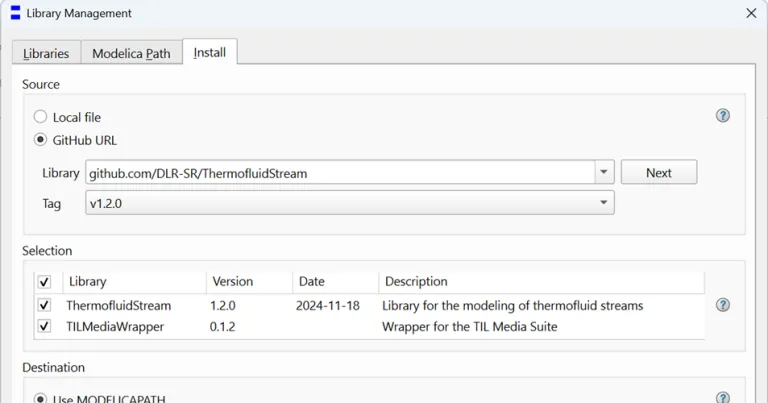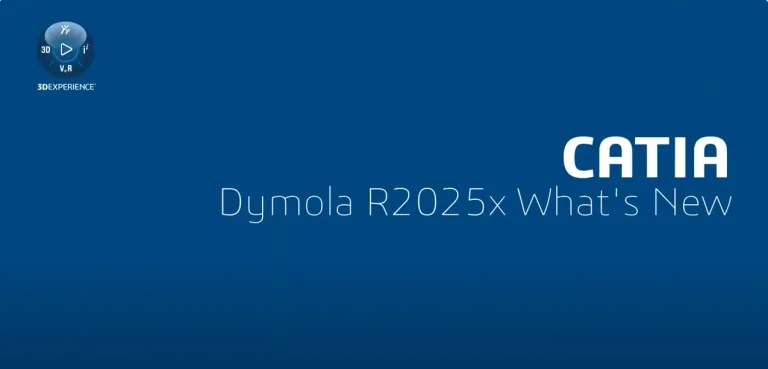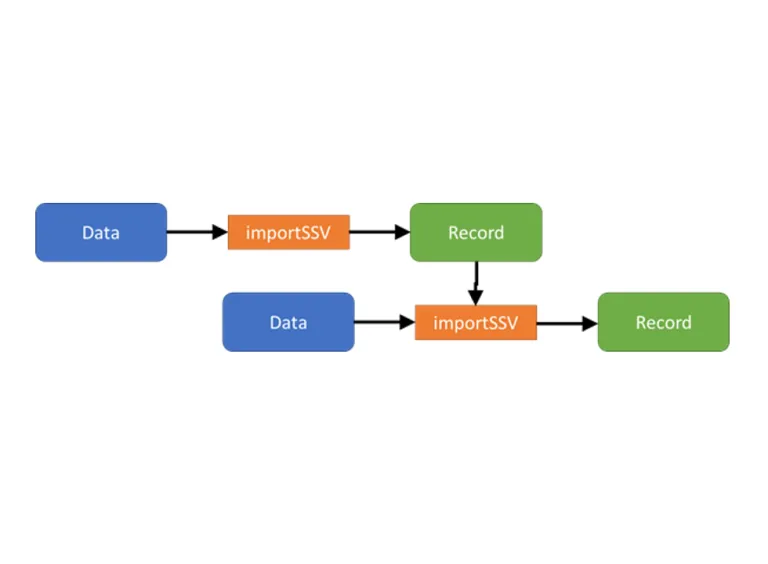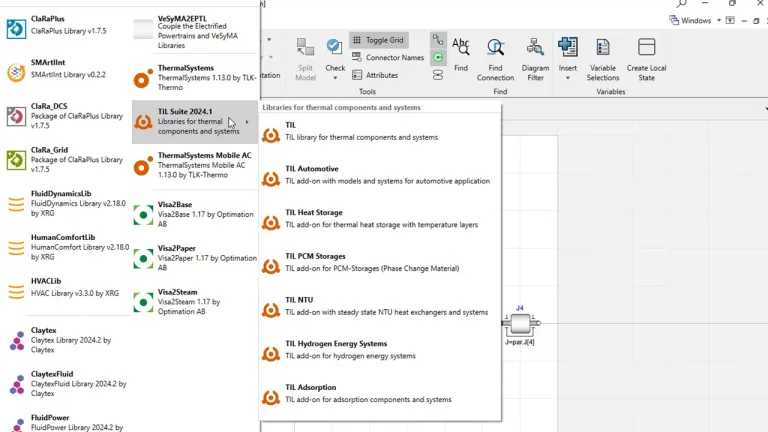Dymola Latest Release
Discover what's new in the latest release of DYMOLA.
Dymola 2025x Refresh 1
Dymola 2025x Refresh 1 is generally available on 18 April 2025.
- Summary
- Parameter Optimization
- Monte Carlo Simulation
- Install Libraries from GitHub
Summary
For this new release, the main benefits relate to the following topics:
- Simplified parameter optimization user interface
- Enhanced Monte-Carlo simulation
- Download and install libraries from GitHub
- Further improved unit checking
Parameter Optimization
A new user interface for parameter optimization is available in Dymola 2025x Refresh 1. It uses simple drag-and-drop to set up tuner parameters, criteria variables and the optimization algorithm.
Up to three parameters can be optimized with the standard Dymola license, more require the Optimization option
Monte Carlo Simulation
Monte Carlo simulation in Dymola has been enhanced to allow analysis of the entire simulation trajectory, plotting mean value, standard deviation and the prediction interval.
We have also implemented box plots of the observed variable and general sensitivity analysis with Sobol Indices. In addition, an improved random number generator with Latin Hypercube sampling is used by default.
Install Libraries from GitHub
Dymola allows you to directly browse and install Modelica libraries from GitHub.
- Type search keyword to get selection of libraries
- Select a release
- Install.
Dymola 2025x
- What's New in Dymola 2025x
- Model development
- Simulation
- Libraries
What's New in Dymola 2025x
For this new release, the main benefits relate to the following topics:
Model development
- Variable-length parameter arrays
- Improved parameter management
- Better Git support
Simulation
- Faster simulation of Modelica functions
- New FMI co-simulation technology
- Dymola Modelica Compiler
Libraries: TIL Suite
Parameter arrays
Variable-length parameter arrays makes it possible to represent lookup tables in native Modelica, without the use of C code and external objects.
Parameter arrays can be initialize at simulation initialization, not translation. Dymola allows such arrays to fix the size hen data is read. This is also supported in FMUs generated by Dymola.
FMI co-simulation technology
We have implemented new co-simulation technology aimed to improve performance of “heavy” FMUs with variable-step solvers. For the right model it reduces the number of f-evaluations and Jacobian evaluations.
The fundamental idea is to smooth continuous-time Real inputs by linear interpolation during the next doStep call. This means the numeric integrator can continue without costly resets, leading to larger step-size and fewer evaluations. Furthermore, a predictor compensation gives better error estimates. For a small but hard-to-solve model we get this improvement.
TIL-Suite libraries
The existing ThermalSystems library is replaced by TIL-Suite from TLK-Thermo. This change will offer more complete range of libraries and extended functionality.
It is divided into four library products at Dassault Systèmes:
- TIL Base Library
- TIL Mobile Air Conditioning Library
- TIL Hydrogen Library
- TIL Thermal Storages Library
Learn What CATIA Can Do for You
Speak with a CATIA expert to learn how our solutions enable seamless collaboration and sustainable innovation at organizations of every size.
Get Started
Courses and classes are available for students, academia, professionals and companies. Find the right CATIA training for you.
Get Help
Find information on software & hardware certification, software downloads, user documentation, support contact and services offering

